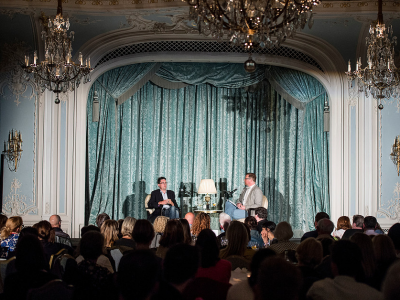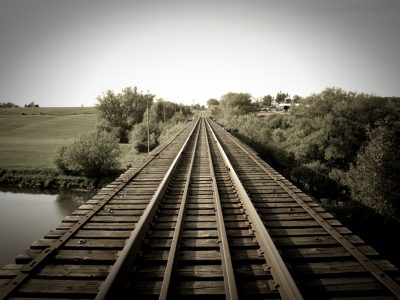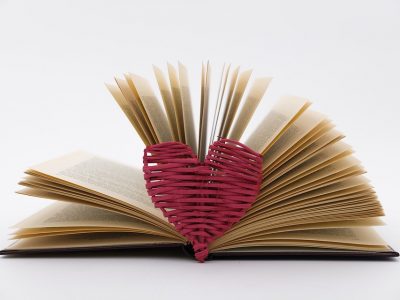Today we dedicate an article to just a few of the world’s most amazing female writers for International Women’s Day
In 1837, Emily Bronte was told by the poet laureate Robert Southey, “Literature cannot be the business of a woman’s life.” Yet today, because of her and her sisters’ dedication and persistence, we have access to some significant novels of the 19th century.
Today, on International Women’s Day, we want to give a special tribute to some of our favourite female writers and their literary achievements.
1. Emily Bronte
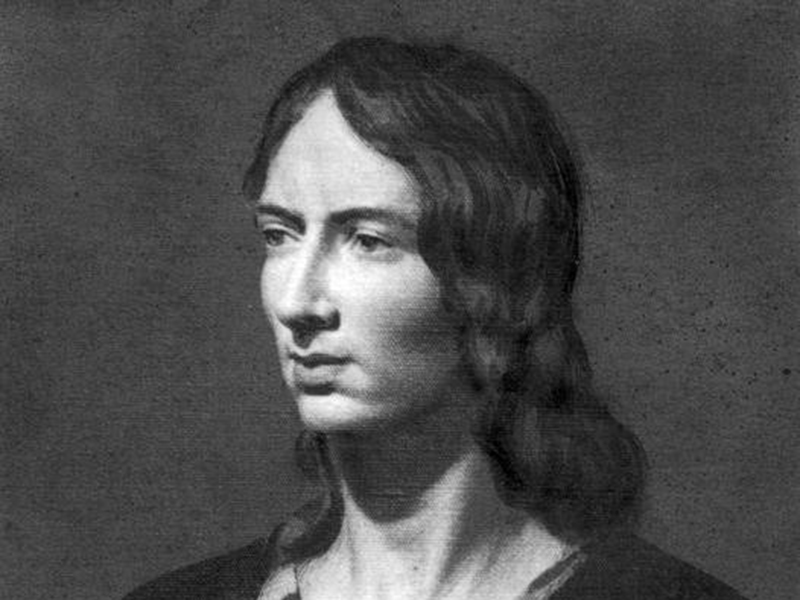
An oil painting of Emily Bronte (1818 – 1848) (Photo credit: Hulton Archive/Getty Images)
Emily is best known for her novel, Wuthering Heights, which is considered a classic of English literature.
In Queens of Literature of the Victorian Era (1886), Eva Hope summarises Emily’s personality as “a peculiar mixture of timidity and Spartan-like courage”, and goes on to say, “She was painfully shy, but physically she was brave to a surprising degree.”
Others have described her as forgiving and understanding and she has always been devoted to her mission as a writer.
2. Jane Austen

Jane Austen (Photo credit: http://cricklitfest.co.uk)
With her sharp wit and strong female characters, Jane Austen’s literature has successfully passed the test of time.
The earliest readers of Pride and Prejudice were surprised that such a clever book could have been written by a woman. Of course, Jane hasn’t forgotten to put it down in words, “It is a truth universally acknowledged that a single man in possession of a good fortune, must be in want of a wife.”
From witty female characters to women’s rights, there is no denial that her literature still delivers powerful messages in today’s modern world.
3. Dora Gabe
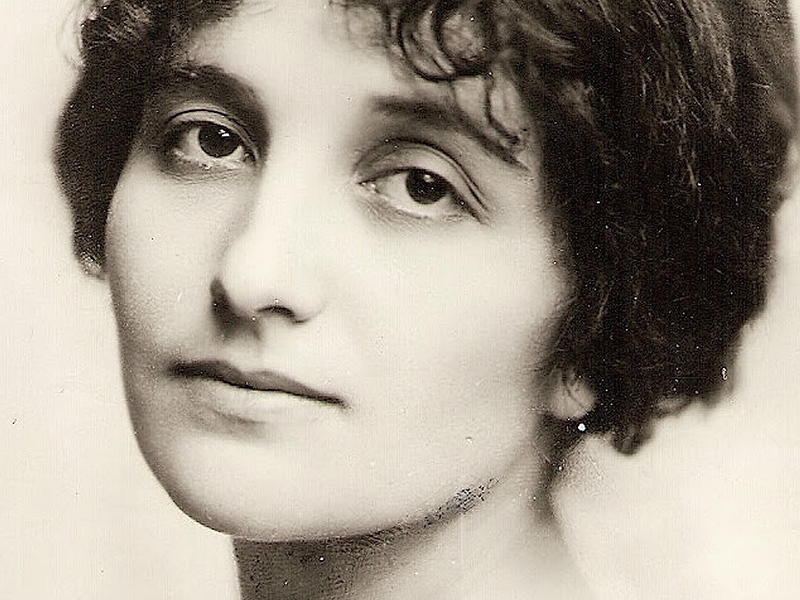
Dora Gabe (Photo credit: www.webstage.bg)
Dora Gabe was a Bulgarian Jewish poet, best known for her writing travel books, short stories and essays.
She published one of her first poems, Spring, in 1900 in the literary journal Youth. Dora is regarded as one of the most successful female writers in Bulgaria and beloved for her charitable personality and literary publications.
When partisans were sent to live in her flat, she had to move and sleep at her sister’s unfinished villa, using her own coat as extra warmth due to the lack of heating. In order to be able to write, she had to turn on the stove and warm her hands.
This is just a snippet of Go With Me’s favourite female authors who have persevered throughout their lives and continued to write despite cultural, social and economic difficulties.
Who are some of your favourite writers?


